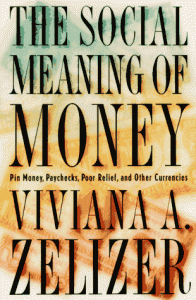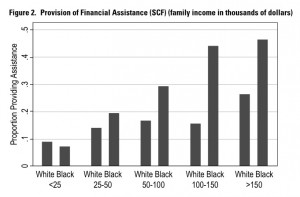
Here in Minneapolis, the frozen but lively home of the University of Minnesota and TSP, you can’t throw a rock without hitting a microbrewery. That’s true for most of the northern U.S., but as discussed in the Atlantic, “the nine states with the fewest breweries are all in the South.” What’s the difference? One sociologist says it’s religion.
Across the country, big beer companies contribute to candidates who aren’t likely to support policies that enable local breweries to get a foothold. That investment helps curtail competition. In the South, Baptists form an important voting bloc with strong cohesion around social and moral issues, as do Methodists. Together, says Boston University sociologist Nancy Ammerman, “they account for a very large proportion of the population in the South.” Since alcohol is one of the hot-button issues, candidates who keep small breweries from operating gain an extra boost at the ballot box.
Interestingly, Ammerman points out that, in old Methodists and Baptists communities, payment in whiskey was fairly common. This might explain why independent whiskey distilleries are not as frowned upon as small breweries (and large whiskey companies are less invested in preventing boutique distilleries). Either way, if you’re hoping for a microbrew in Mississippi, you’ll want to road-trip it (humming “Eastbound and Down” along the way).


